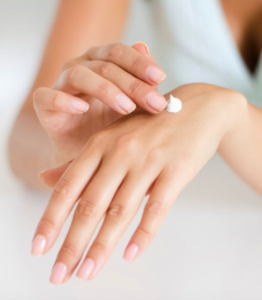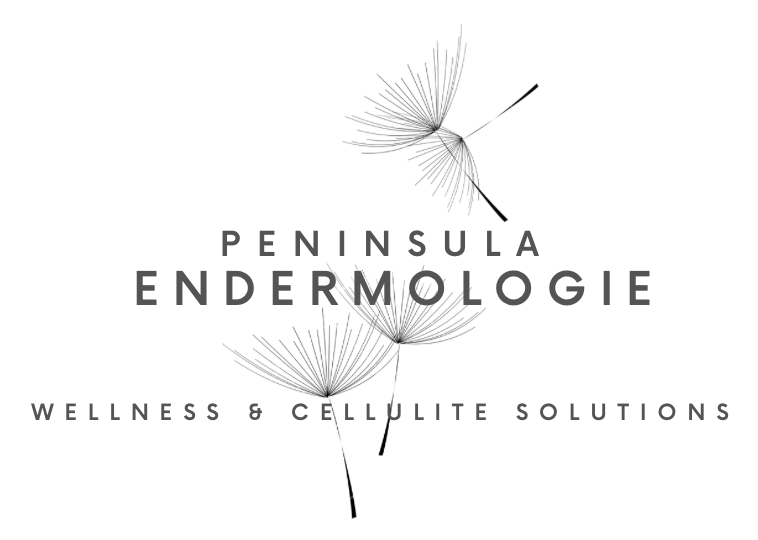Tips to reduce cellulite and live healthier
 First of all, lets start with the very basics. Everybody’s skin is different. Any decisions on which moisturiser to use can only be based on individual trial and error. But I do believe that most of us have some common ground and that the choice of which, if any, products to use should not be quite as complicated as the beauty industry would have us believe.
First of all, lets start with the very basics. Everybody’s skin is different. Any decisions on which moisturiser to use can only be based on individual trial and error. But I do believe that most of us have some common ground and that the choice of which, if any, products to use should not be quite as complicated as the beauty industry would have us believe.
I know my Granny used Oil of Olay pretty much every day of her adult life and her skin was just amazing. I will never forget my Grandad referring to her complexion as “peaches and cream” and let me tell you, he was not the kind of man you would have thought would notice these things! Her secret was not the moisturiser she used she claimed, but she was adamant her skin stayed supple and fresh because she never used soap, only water to wash her face.
Of course, L’Oreal, Dermalogica, Clinique etc. etc. wouldn’t be too pleased with this kind of skincare advice, with so much of their advertising dollars spent trying to sell us the next “miracle” cream! However the truth is, our skin will usually look amazing if we eat well, drink lots of water and get plenty of rest. What goes ‘on top’ is not really too big a deal.
First and foremost, many products that are marketed these days are very similar in their chemical make-up, I really do believe that with a few exceptions, the only big difference is the cost of packaging and marketing.
So what should we look for in a moisturiser? Number one tip is to try and find a product that’s as natural as possible. As with foods, if we can’t pronounce what’s on the label, we probably shouldn’t be using it on our skin. Most commercial moisturisers contain a combination of water, preservatives, silicones, mineral & polyunsaturated oils, alcohol and artificial colours and scents. Some can mildly irritate the skin while others are downright toxic.
Like most processes in our bodies, once we nourish ourselves and support good health, our skin tends to look after itself. It naturally exfoliates itself regularly, with old, dead skin cells dying away, sloughing off and being replaced with new skin cells. If this process is interfered with and the dead cells are not sloughed away efficiently, it may slow down the production of new cells. Unfortunately, some moisturisers might hinder the exfoliation process and actually stunt the cell turnover, leading to a dull, tired complexion.
There is also a belief that if we use artificial products on our bodies, our bodies become accustomed to these artificial products and become ‘lazy’, i.e. it doesn’t work as hard to regulate its moisture producing cells (e.g. hyaluronic acid) and instead puts up with the replacement, even if it’s far less effective in the long run. The other problem is that when we apply moisturizer, it alters our skin’s natural balance of proteins, water and lipids. This could result in dehydrated and irritated skin which could lead to a breakdown of the tissues leaving us vulnerable to infection.
So, the best advice is to stop and think about whether your skin really needs a moisturiser. If your skin is looking dry, then increase the amount of water you drink for a few days, try some gentle exfoliation and see if that helps. If not, choose a natural moisturiser with as few ingredients as possible. I recommend a blend of coconut oil and shea butter with some essential oils to tackle any skin issues, e.g. tea tree & lavender for breakouts, cypress & rosehip for anti-wrinkles and grapefruit & juniper for cellulite.
What do you think? Do you have a product you swear by? Or do you try a variety of products and can’t really notice much of a difference?
